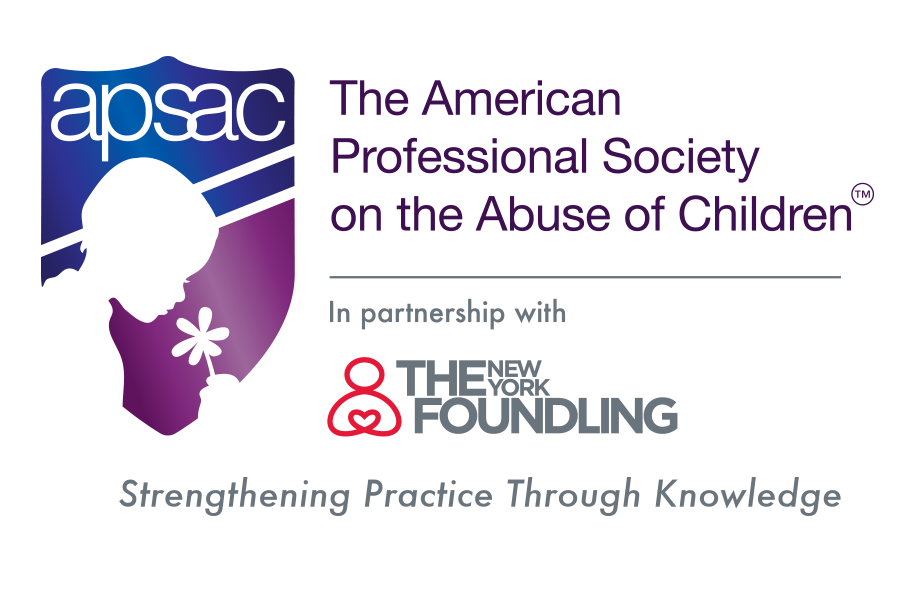| Date | Event |
| 10/18/2023 -10/18/2023 | Workshop Description: In order to prevent physical punishment, we need to: 1) increase parents' knowledge of child development; 2) help them manage their emotions; and 3) shift their lens from control to mentorship. Positive Discipline in Everyday Parenting (PDEP), a 9-week not-for-profit program, addresses each of these key factors. Parents learn how children's emotions and brains develop from infancy through adolescence; recognize their stress response and learn techniques to manage it; and acquire skills in scaffolding children's learning while keeping them physically and emotionally safe. Through interactive activities, parents come to understand behavior from the child's perspective so that they can effectively support children's learning, rather than punishing their mistakes. Speaker Biography: A Developmental Psychologist, Dr. Joan Durrant has recently retired from a 33-year academic career at the University of Manitoba. She now focuses her time on the non-profit she founded to coordinate implementation of Positive Discipline in Everyday Parenting (PDEP) across Canada and in many other countries, including Korea, Mongolia, and the United Arab Emirates. Joan has dedicated her professional life to understanding why parents strike their children as punishment and how we can prevent it. She created PDEP to address the psychological factors and cultural beliefs that underlie this 'everyday violence' against children. In addition to publishing several books, Joan has published many academic articles on corporal punishment and has delivered addresses, workshops and trainings to governments and organizations around the world. Pricing & Registration: General Admission: $25.00 APSAC Members and The New York Foundling Staff General Admission: Free 1 CE Credit (Social Work & Psychology): $25.00 1 CE Credit (Social Work & Psychology) for APSAC Members and New York Foundling Staff: $15.00 *If you are in New York and would like social work, mental health or psychology CE credits please email FontanaCenter@nyfoundling.org APSAC Members: You will receive your discount automatically when registering. The New York Foundling Staff: Please email FontanaCenter@nyfoundling.org to request your entry code. more info... |
| 10/24/2023 -10/24/2023 | Description: more info... |
| 10/25/2023 -10/25/2023 | Member Registration: $65 (Part 2 only) Non-member Registration: $75 (Part 2 only) PART 2 - Why Follow the Rules – Exploring Interview Rules Description: Interview rules are a research based best practice for investigative interviews. Our society has many sets of rules, and we don’t always follow them. This webinar will explore the research behind interview rules and how following the rules can benefit the interviewee and the interviewer. Participants will learn about the most common interview rules and be provided with strategies for effective implementation of the interview rules. Presenter Bio: Andy Stuart is the Training Division Manager with The Forensic Practice in British Columbia, Canada. Andy became a StepWise instructor in 2008, under the direct supervision of Dr. John Yuille and Dr. Hugues Hervé. Since then, he has trained hundreds of front-line staff in StepWise interviewing. As the Training Division Manager, he mentors new trainers, consults with interviewers in the field, and contributes to new workshop development. In 2001, his policing career began, and after completing twenty years of service, Andy held the rank of Staff Sergeant at the Saanich Police Department, Victoria, BC. He is the recipient of multiple police commendations, including the Meritorious Service Medal from the Provincial Lt. Governor. He has also held positions as a sessional instructor at Camosun College and an online instructor at the University of Manitoba. Academically, Andy holds a diploma in Criminal Justice, a Bachelor’s degree in Sociology, and a Master’s degree in Public Administration. more info... |
| 10/27/2023 -10/27/2023 | Inspired by our commitment to deconstruct white privilege and address the issues of racism that permeate the child maltreatment field, the Commission for Racial Justice in Child Maltreatment will launch a Reading Club in 2021. Led by a diverse group of professionals, topics such as racism in psychotherapy, recognizing micro-aggressions in child maltreatment work, and addressing white supremacy culture, will be discussed. Please join us for what are sure to be important conversations as we share and reflect on the critical issue of promoting racial justice. The reading club is free to attend, regardless of APSAC membership. Presenters: Dr. Zeinab Chahine Moderator: Mary L. Pulido, PhD Article: https://www.casey.org/helplines-vs-hotlines/ more info... |

Calendar of Events - The American Professional Society on the Abuse of Children
Events available for Registration... The New York Foundling & APSAC Webinar Series on Controversial Topics 2/14/2024 - 12/17/2024 register for this event... The New York Foundling & APSAC Webinar Series on Controversial Topics 11/14/2024 - 11/14/2024 register for this event... November 2024 Reading Club - Transforming the Child Welfare System: Helping Youth Find their Voice 11/15/2024 - 11/15/2024 register for this event... Healthcare Section 11/19/2024 - 11/19/2024 register for this event... Child Interviewing - Where Research Meets Practice (Part 1 & 2 Registration) 11/20/2024 - 11/20/2024 register for this event... Atención Informada en Trauma (Trauma Informed Care) 12/5/2024 - 12/5/2024 register for this event... Domestic Violence Section 12/10/2024 - 12/10/2024 register for this event... December 2024 Reading Club 12/13/2024 - 12/13/2024 register for this event... Healthcare Section 12/17/2024 - 12/17/2024 register for this event... The New York Foundling & APSAC Webinar Series on Controversial Topics 12/17/2024 - 12/17/2024 register for this event... APSAC Pre-Conference 2025 Registration- Renewing Hope: Innovative Strategies for Engaging Families in Child Physical and Sexual Abuse Interventions 1/26/2025 - 1/26/2025 register for this event... |
Events in the month of October 2023 | |||||||||||||||||||||||||||||||||||||||||||||



